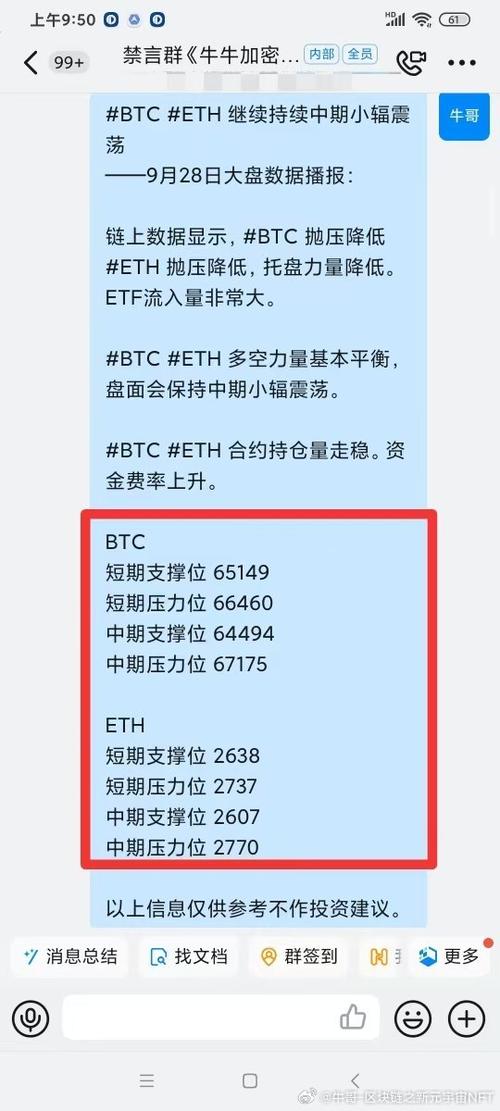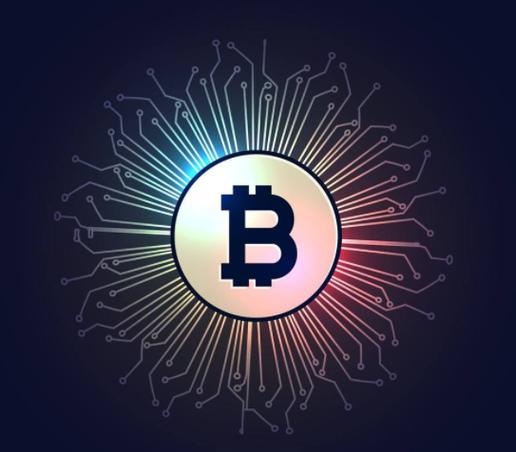
Bitcoin Cash or ETH: A Comprehensive Guide
When it comes to cryptocurrencies, Bitcoin Cash (BCH) and Ethereum (ETH) are two of the most prominent players in the market. Both offer unique features and benefits, making them popular choices for investors and users alike. In this article, we will delve into the details of both cryptocurrencies, comparing their features, market performance, and potential future developments.
Understanding Bitcoin Cash (BCH)
Bitcoin Cash (BCH) was created as a hard fork of Bitcoin in 2017. Its primary goal was to increase the block size limit, allowing for more transactions to be processed simultaneously. This change aimed to address the scalability issues that Bitcoin was facing at the time.

Here are some key aspects of Bitcoin Cash:
- Block Size: Bitcoin Cash has a block size limit of 8 MB, which is significantly larger than Bitcoin’s 1 MB limit.
- Transaction Speed: With the increased block size, Bitcoin Cash can process transactions much faster than Bitcoin, often within minutes.
- Network Fees: Due to the larger block size and faster transaction times, Bitcoin Cash typically has lower network fees compared to Bitcoin.
- Community Support: Bitcoin Cash has a strong and active community, which has contributed to its growth and adoption.
Understanding Ethereum (ETH)
Ethereum, launched in 2015, is not just a cryptocurrency but also a decentralized platform that enables the creation of smart contracts and decentralized applications (DApps). Its native cryptocurrency, ETH, is used to pay for transaction fees and as a medium of exchange.
Here are some key aspects of Ethereum:
- Smart Contracts: Ethereum’s most significant feature is its ability to host smart contracts, which are self-executing contracts with the terms of the agreement directly written into lines of code.
- Decentralized Applications (DApps): Ethereum has become a popular platform for building DApps, with a wide range of applications, from decentralized finance (DeFi) to gaming and social media.
- Gas Fees: Ethereum transactions require gas, which is a measure of the computational effort required to execute a transaction. Gas fees can vary significantly based on network congestion.
- Network Upgrades: Ethereum has undergone several major upgrades, including the Ethereum 2.0 upgrade, which aims to improve scalability, security, and sustainability.
Market Performance
When comparing the market performance of Bitcoin Cash and Ethereum, it’s essential to consider various factors, including market capitalization, trading volume, and price trends.

Market Capitalization:
| Cryptocurrency | Market Capitalization (as of [insert date]) |
|---|---|
| Bitcoin Cash (BCH) | $[insert value] |
| Ethereum (ETH) | $[insert value] |
Trading Volume:
Bitcoin Cash and Ethereum both have high trading volumes, reflecting their popularity among investors. However, Ethereum tends to have a higher trading volume compared to Bitcoin Cash, partly due to its broader use case as a platform for DApps.
Price Trends:
The price of both Bitcoin Cash and Ethereum has been volatile over the years. While both cryptocurrencies have experienced significant growth, they have also faced periods of decline. It’s essential to monitor market trends and factors that can influence their prices, such as regulatory news, technological advancements, and overall market sentiment.
Future Developments
Both Bitcoin Cash and Ethereum have exciting future developments in store, which could impact their market performance and adoption.
Bitcoin Cash:
- Network Expansion: Bitcoin Cash continues to expand its network, with ongoing efforts to improve scalability and transaction speeds.
- Community Projects: The Bitcoin Cash community is actively working on various projects, including the development of new wallets, exchanges, and merchant solutions.
Ethereum:
- Ethereum



